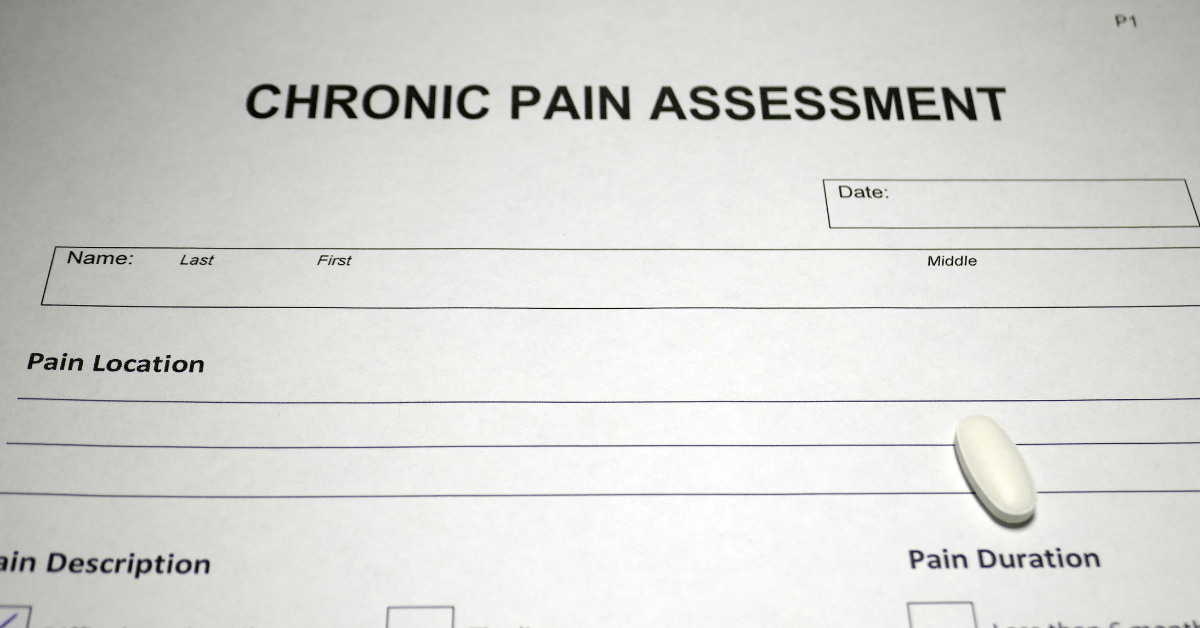Many people who’ve experienced a drug or alcohol addiction and decided to seek treatment wonder what comes next. They may ask, “Is there life after addiction?” This question may be more about what quality of life can be expected in recovery. Even the phrase, “in recovery,” may assume there’s no such thing as “after recovery,” depending on one’s perspective. Experts maintain that addiction is a chronic mental illness. Chronic illness suggests that one would be saddled with it for life. Some vehemently disagree, though.
Can Addiction Be Cured?
Chronic diseases are treated with the expectation that the goal should be to deal with episodes as they come. Episodes, such as a relapse, should be few and very far between. This is especially the case for substance use disorder. That also suggests that addiction never goes away. Addiction doesn’t have a “cure,” but can be held at bay indefinitely.
Addiction treatment experts and facilities emphasize keeping triggers under control. Into Action Recovery Centers says, “Even though addiction never truly goes away, through therapy, education, and support, a recovering addict can live a healthy, clean lifestyle.” That statement was approved by Dr. Mohammed Saeed. He’s a psychiatrist with 40 years of experience in medicine. He has work history as the Medical Director of the Division of Child and Adolescent Psychiatry at the University of Texas Medical Branch.
The Modern View of Relapse
Today, addictionologists and other healthcare professionals predominately agree on relapse. It’s not something that indicates failure on the part of anyone in recovery or any addiction treatment program. Instead, relapse is seen as part of the process. The relevance of that, though, is the logic used to explain why it’s part of the process. This logic inherently speaks volumes about what professionals expect from the disease of addiction.
“The chronic nature of addiction means that for some people relapse, or a return to drug use after an attempt to stop, can be part of the process, but newer treatments are designed to help with relapse prevention,” according to the National Institute on Drug Abuse (NIDA). “Relapse rates for drug use are similar to rates for other chronic medical illnesses. If people stop following their medical treatment plan, they are likely to relapse.”
Alternative Expectations of Addiction
 A 2018 Harvard Health Publishing article attempted to answer the question differently. “If you are a traditionalist who believes that addictions last a lifetime, that people readily substitute addictions, and that people have ingrained ‘addictive personalities,’ the answer is: absolutely not,” the article reads.
A 2018 Harvard Health Publishing article attempted to answer the question differently. “If you are a traditionalist who believes that addictions last a lifetime, that people readily substitute addictions, and that people have ingrained ‘addictive personalities,’ the answer is: absolutely not,” the article reads.
The statement addresses the concept of cross-addictions, which is different from relapse. Relapsing is the event in which, despite an attempt to quit using a substance, you return to using that substance. A cross-addiction is an event in which one swaps one substance to which (s)he was addicted for another and becomes addicted to it instead. Cross-addiction has not occurred, mind you, if you continue using the first substance and simply add a second.
Traditionalist Treatment Perspective of Addiction
The same article went on to speculate that the “traditionalist” perspective it mentioned might be a product of remnant logic from the “abstinence-only” model of addiction treatment. It’s worth noting that contemporary addictionology is more open now than ever to the idea that conquering addiction doesn’t necessarily require one to remain indefinitely sober.
This view says recovering cocaine users can still drink alcohol. Whether they succumb to alcoholism or not is a separate issue. The reason some fear they’d become alcoholics is because of the idea that there’s such a thing as an addictive personality. It’s a predisposition to addictive behavior across the board.
What is Substituting Addictions?
NIDA responded to website Tonic’s request for comment about substituting addictions. The organization said, “A previous substance use disorder is a risk factor for future development of substance use disorder (SUD),” yet “It is also possible that someone who once had an SUD but doesn’t currently have one has a balance of risk and protective genetic and environmental factors that could allow for alcohol consumption without developing an [alcohol use disorder].”
The Harvard article calls the “addictive personality” concept a myth. It cites a 2014 study published in JAMA. The study says those who recover have less than half the risk of developing another one compared to those who don’t recover from the first. It also suggested factors like “coping strategies, skills, and motivation of individuals who recover from an SUD may protect them from the onset of a new SUD.”
This would basically mean the status of being in recovery represents a bunch of coping mechanisms that replace addictive behaviors. The writer of the Harvard article advocates consideration of that rationale. He’s Dr. Peter Grinspoon, a primary care physician, educator and cannabis specialist at Massachusetts General Hospital. He’s also an instructor at Harvard Medical School. He finds that his experience shows many addicted people having “a particular affinity for a particular class of drug” and that they don’t often substitute one addiction for another.
Common Trends in Addiction Recovery
It remains the case, though, that people in recovery from one non-alcoholic substance do often substitute it for alcohol. Others will, in fact, experience alcohol-induced relapse. Recovery Research Institute says, “drinking could reduce inhibitions, and trigger (i.e., lead to) the feelings of reward familiar to those with substance use disorder, thereby possibly increasing craving for their primary drug; we refer to this phenomenon as drinking-inducing relapse.” The theory that no one should drink while in recovery even if they weren’t addicted to alcohol stems from this statistical reality.
Recovery Research Institute published its own analysis of 13 studies on the subject and found greater support for alcohol-induced relapse than for the substitution hypothesis. Both trends, however, are common outcomes for substance abusers in recovery. Recovery stories, however, demonstrate that there is life after addiction. Whether or not addiction is ever actually over is a technicality. The opportunity exists to get beyond the phase of life dominated by addiction. If you or someone you know is ready to embark on the recovery journey, visit Landmark Recovery or call 888.244.0302.

Choose Recovery Over Addiction
We're here 24/7 to help you get the care you need to live life on your terms, without drugs or alcohol. Talk to our recovery specialists today and learn about our integrated treatment programs.




